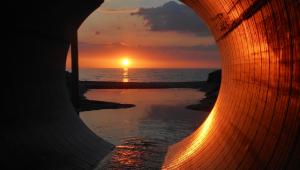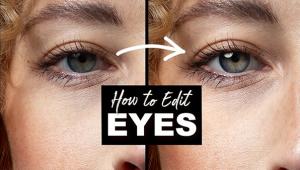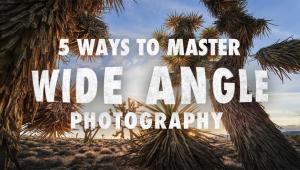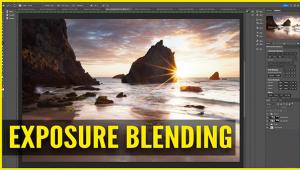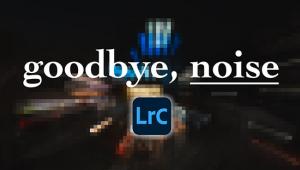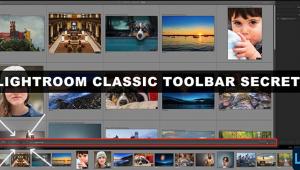Most of my photography done where hand-held shots are the only option, often in low light environments. IS makes a difference.
Please comment briefly on your experience with IS lenses and whether they have proven to be beneficial to your work.
- Log in or register to post comments

I've just started getting IS lens. They seem to help with long lens and camera shake. I shoot my grandaughter's softball games. I've found that with the IS lens most of the shots are sharper. Sometimes I'm at a shutter speed fast enough to stop the action, but to slow to prevent the camera shake. This is where the IS feature has helped me.

VR/IR is a wonderful new tool. It is not absolutely necessary, and if you think about it, how did we all manage for so many years without it? When attached to one of my long lenses, I can use a tripod, and, if I don't have one, I have never been in a situation where there was not something I couldn't use as a brace base. Who hasn't used a shoulder of a friend? Is VR/IR important? I suppose it is one of the next steps in the evolution of our equipment, but there are so many beautiful and wonderfully designed lenses out there for half the price without VR/IR.

As a nature photographer, one who often works in low light conditions and with moving objects, I find IS to be invaluable. I have it on most of my lenses and use it much of the time when I am in the field. I should add that I do a lot of handheld photography. Trying to use a tripod with wildlife often if not a viable option.







